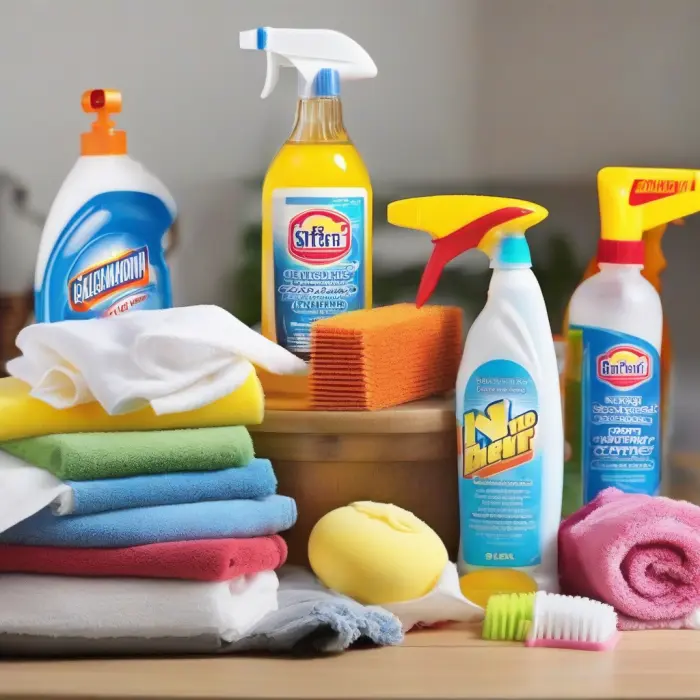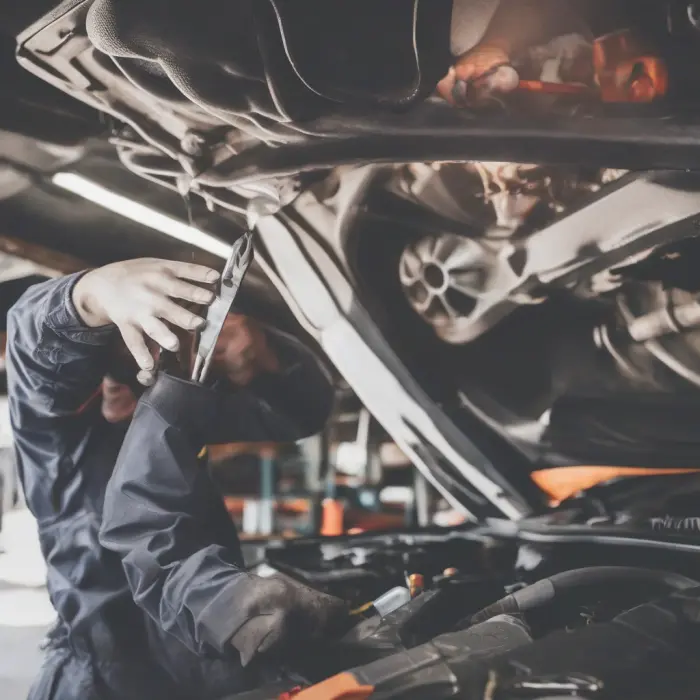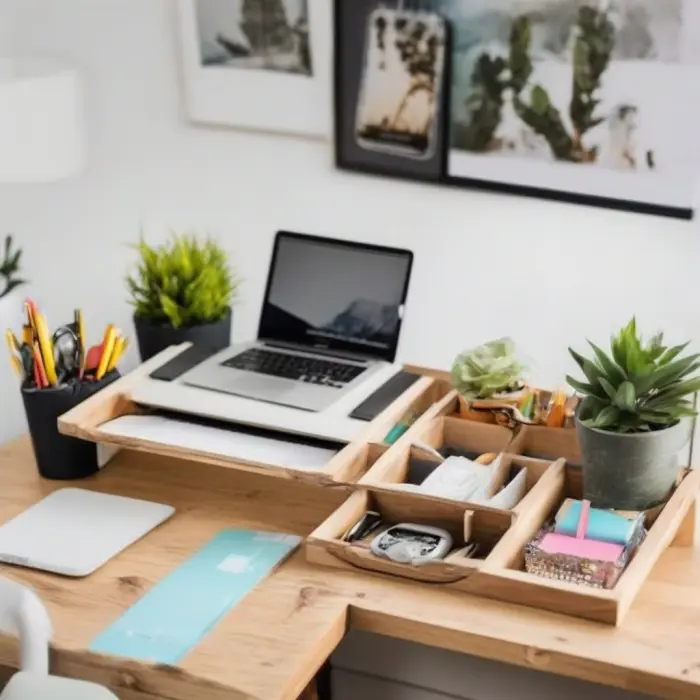DIY Tips for Home Repairs Without a Handyman
Fixing things around the house doesn't always require the services of a professional handyman. In fact, there are numerous home repair tasks that you can tackle yourself with a little knowledge, some basic tools, and a bit of effort. Here are some practical tips to get you started on your DIY home repair adventure.
1. Gather Basic Tools
Before you start any sort of DIY repair work, ensure that you have the necessary tools. This includes a screwdriver set, a hammer, pliers, a wrench set, a drill, a tape measure, and adjustable wrenches. Having these at your disposal will enable you to handle basic repair tasks around your house.
2. Know Where to Turn Off Your Utilities
Before embarking on any major repair project, it’s always important to know where to turn off your utilities. The main shutoffs for water, gas, and electricity could be in your basement, utility room, or garage. Knowing where these are located can save you from potential disaster if anything goes wrong during your DIY repair efforts.
3. Be Patient and Do Your Research
The internet is flooded with DIY tutorials for virtually every type of home repair job. Doing a bit of research before you start your DIY project will likely save you from making costly or dangerous mistakes. Be patient and thoroughly understand each step involved in the job.
4. Don’t Be Afraid to Ask for Help
Just because you’re opting for the DIY route doesn’t mean you can’t reach out for help. If a particular repair or renovation job seems too complicated, ask friends or family for help, or even seek professional advice. Safety should always be your first concern.
5. Know Your Limits
While it can be rewarding and cost-effective to do your own home repairs, it's also crucial to know your limits. Some projects are simply too complicated or dangerous to attempt on your own and should be left to the professionals. Tasks involving electricity, plumbing, or structural modifications are particularly risky.
6. Practice Safety First
Always ensure you are taking necessary safety measures when conducting DIY tasks. This could mean wearing the correct protective gear, such as safety goggles, gloves, knee pads and ensuring your workspace is free of unnecessary clutter.
In conclusion, while hiring a handyman might seem like the easy way out, becoming more self-sufficient and capable of doing your own small repairs can provide a great sense of accomplishment and save you money. Remember, with the right tools, sound advice, and a little patience, almost anyone can become a competent DIY homeowner.










